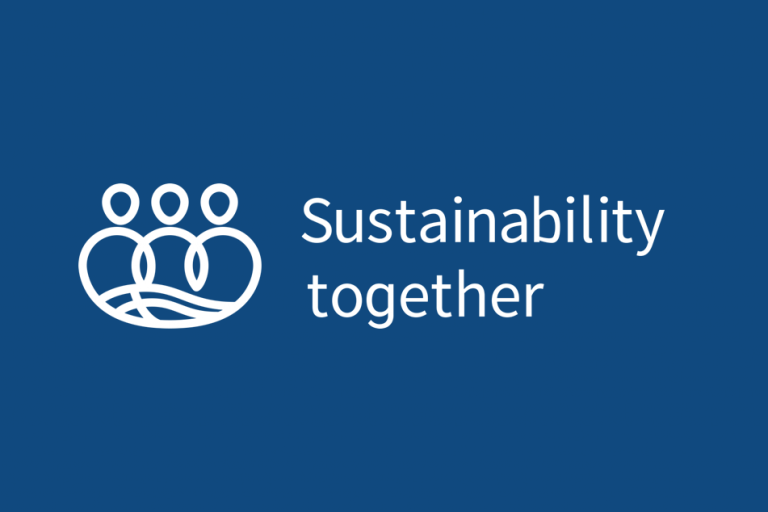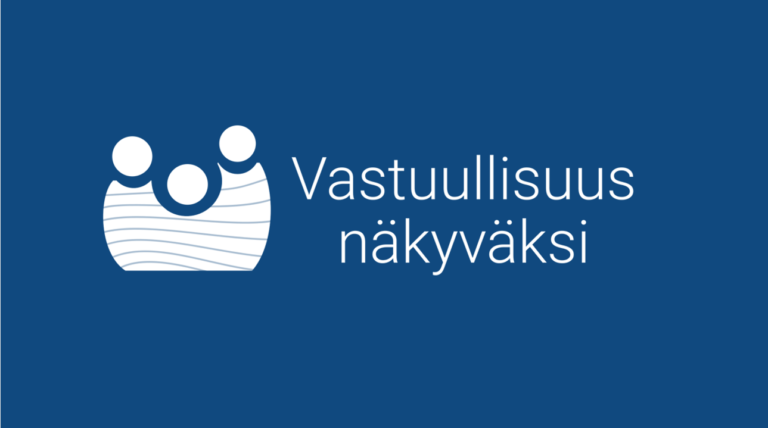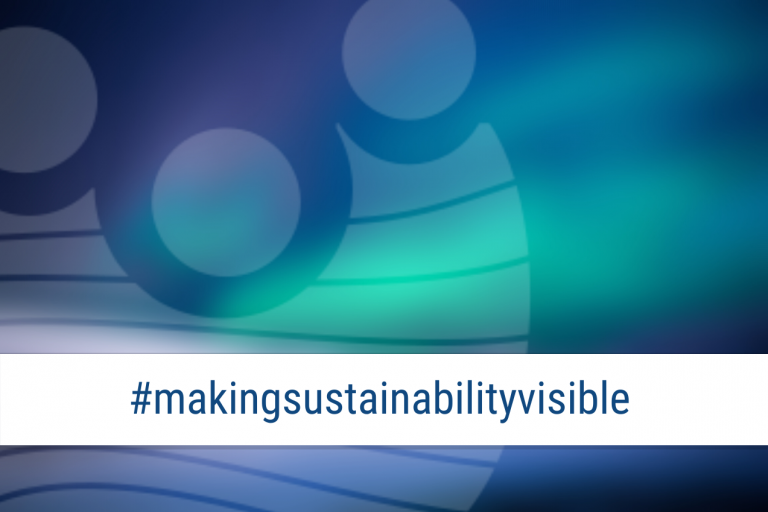For the third time, the State Treasury has produced a summary of central government organisations’ sustainability reports that were drawn up using a uniform frame of reference. This summary describes the ways in which ministries, agencies and institution take sustainable development into account when carrying out their work and using shared funds.
In their sustainability reports, central government organisations describe how they promote the achievement of three to five UN Sustainable Development Goals identified as the most important from their perspective through their core activities and expertise (handprint). The organisations also report on how they manage the direct impacts of their activities on their operating environment (footprint).
The most common SDGs identified in the reports were Climate Action, Responsible Consumption and Production, Decent Work and Economic Growth, and Peace, Justice and Strong Institutions. As in previous reporting years, all 17 SDGs of the UN were identified in the sustainability reports of central government and public administration organisations.
Sustainability reporting
- encourages organisations to take notice of opportunities for promoting sustainable development in their activities
- allows organisations to examine possible sustainability challenges in their activities
- demonstrates to stakeholders how the organisation communicates about its work and monitors its progress towards achieving SDGs.
Despite and because of crises, focus on long-term sustainability work is needed
While Finland is still the top country in the UN’s sustainability ranking, its score dropped slightly from the year before. Above all, the reasons for this include unsustainable consumption practices and external impacts caused by Finland that slow down sustainable development in other countries. To actively promote sustainability work, increasingly ambitious goals must be set and suitable indicators for monitoring progress must be found in the future.
To ensure that this work is systematic and carried out over the long term, many organisations have started to implement specific sustainability programmes, plans or strategies. A more far-reaching programme supports the organisation’s sustainability work and helps to structure the actions the organisation should be promoting. In particular, organisations’ programmes, plans and strategies seek to support work on indicators and goals.
“Sustainability according to the guidelines of the State Treasury Finland and the reporting on it has fortunately found its place in the organisations of the public administration. This development is just the beginning, and the efforts of all societal actors are still needed to build sustainable future”, notes Liisa Räsänen, Director General of the State Treasury.
To produce the summary of the 2023 sustainability reports, 57 reports were examined in total, of which 52 were drawn up by ministries, agencies and institutions. HAUS Finnish Institute of Public Management, the Social Insurance Institution, the Finnish Forest Centre, the Senate Group and the Finnish Institute of Occupational Health also produced their reports following the State Treasury’s guidelines.
Read the State Treasury’s summary report and join in on the discussion under the hashtag #KestävyysYhdessä.
REPORT: COOPERATION TO BUILD A SUSTAINABLE FUTURE (in Finnish)
ABSTRACT OF THE SUMMARY REPORT (in Finnish)
Further information:
Katri Kanerva, Head of Development (Sustainability), tel. +358 295 50 3364, katri.kanerva(at)valtiokonttori.fi
Netta Jakola, Sustainability Specialist, tel. +358 295 50 3364, netta.jakola(at)valtiokonttori.fi
Interview requests:
vastuullisuusraportointi(at)valtiokonttori.fi





